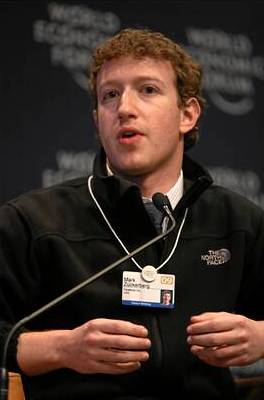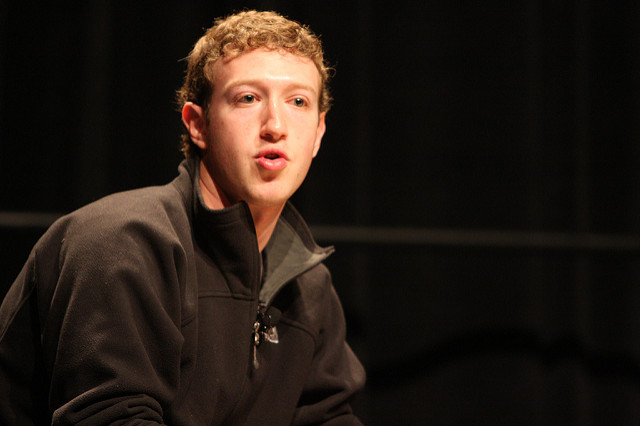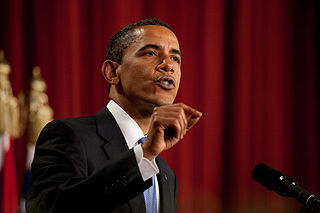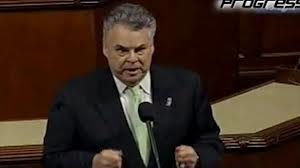
It has been a rough year for facts, as fake news has been spreading through the media with little restraint and serious consequences. Three of the largest fact-checking organizations, Tampa Bay Times’ PolitiFact; FactCheck.org, a project of the University of Pennsylvania’s Annenberg Public Policy Center; and Fact Checker, a Washington Post project, joined together and send a letter to Mark Zuckerberg, head of Facebook, asking him to do what he can to reign in and stop propagating false stories and fake news.
Right after election day the “Big Three” called on Zuckerberg to “start and open conversation on the principles that could underpin a more accurate news ecosystem on its News Feed.”
The fact checkers admit that the burden is too big for them to handle alone, especially now that Donald Trump, known for disseminating misinformation himself has won the election. Facebook was highly criticized during the election season and immediately following it for allowing some of the most egregious lies to circulate freely, giving legitimacy to such blatant falsehoods as: the endorsement of Trump by Pope Francis; the murder-suicide of an FBI agent who was investigating the Hillary Clinton email controversy; and more.
At first Zuckerberg laughed off the criticism, but later said that he would “take misinformation seriously.”
The fact checkers continuously pointed out the exaggerations and out and out lies circulating around the social media world, but their objections were often overrun by false headlines. They say that only Facebook has the reach and influence that can truly cripple the spread of fake news. The fact checkers would like to see Facebook take real action now, before the new president is inaugurated.
“Facebook has completely turbo-powered fake news sites,” says Alexios Mantzarlis, director and editor of the Poynter Institute’s International Fact-Checking Network. “But it’s also probably the first platform that could measure how these things spread, and how we could push back.”



